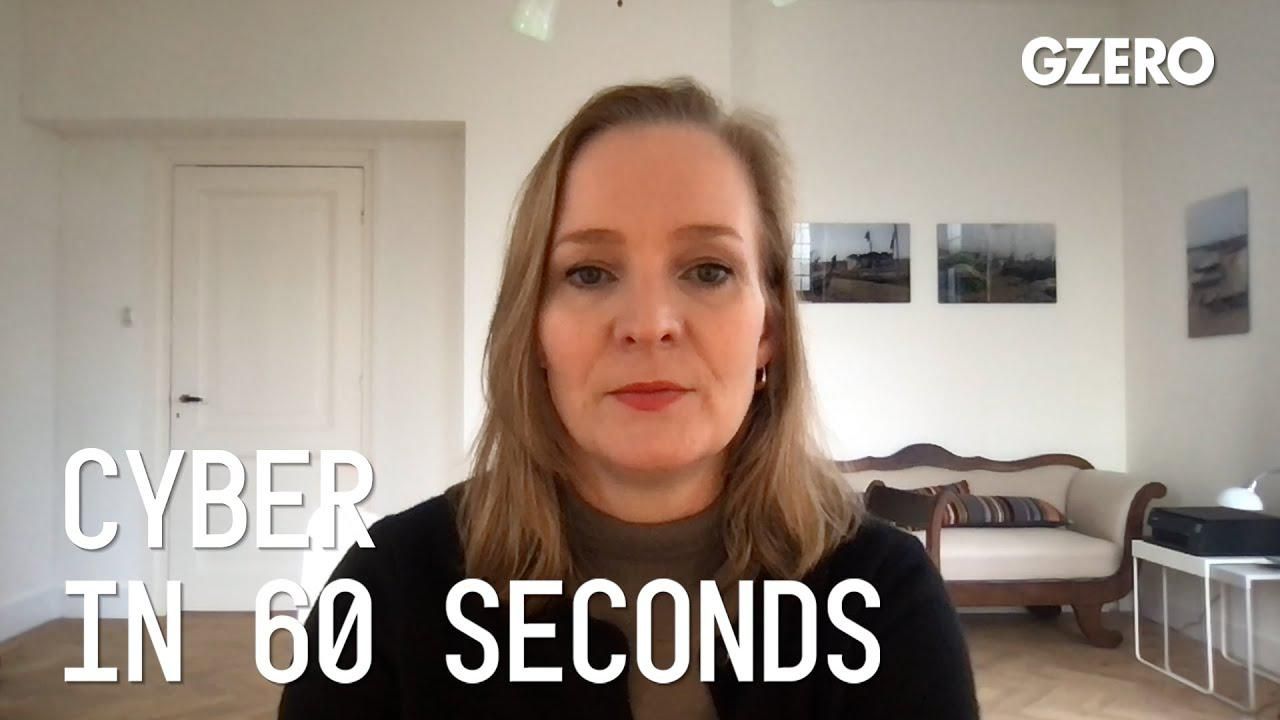
Marietje Schaake, International Policy Director at Stanford's Cyber Policy Center, Eurasia Group senior advisor and former MEP, discusses trends in big tech, privacy protection and cyberspace:
Why is misinformation about the COVID-19 test spreading so fast across social media platforms?
One underlying reason is that the US has been so reluctant to hold tech companies to account at all. There are understandable sensitivities about online speech, and the First Amendment gives tech companies a lot of room to say that they simply don't want to censor anyone. Or that they're just platforms, connecting messenger and audience, buyer and seller, without responsibility. But what is missing in these reflections is how other rights or principles can get crushed, public health being an obvious one in the case of the COVID-19 pandemic. Companies so far have taken a hands-off approach. They've not been reigned in by lawmakers. And some very cynical actors are happy to profit off the pandemic or to spread conspiracy theories. Sadly, they are having a field day.
How does the pandemic itself impact these dynamics?
It's a mix of people spending more time online combined with more uncertainty about the evolving facts and knowledge around the virus, new variants, and the latest recommendations by officials on how to best mitigate risk. They all create the optimal conditions for dis and misinformation about COVID tests, but also other COVID related matters. And I think it's tragic how some people will cynically use a crisis for their own agendas and benefits.